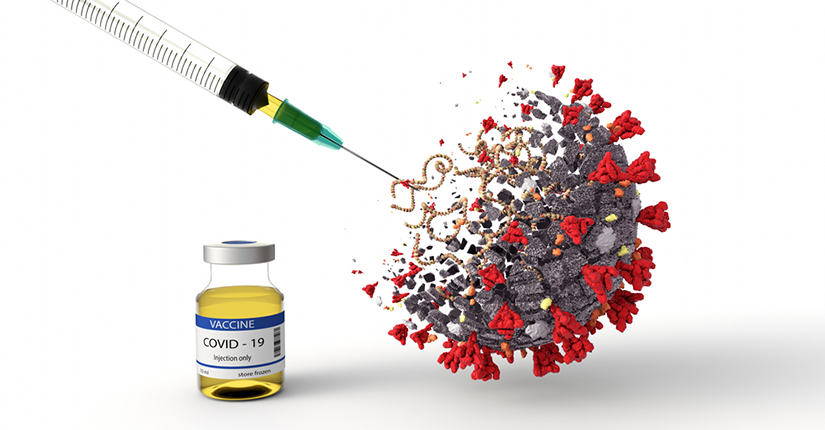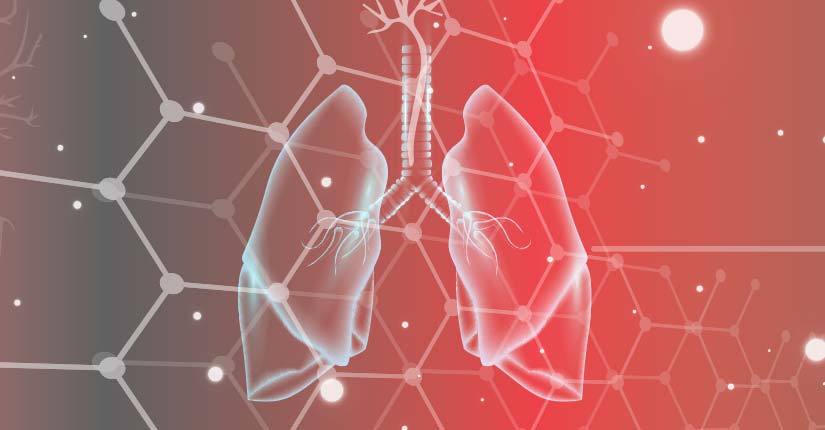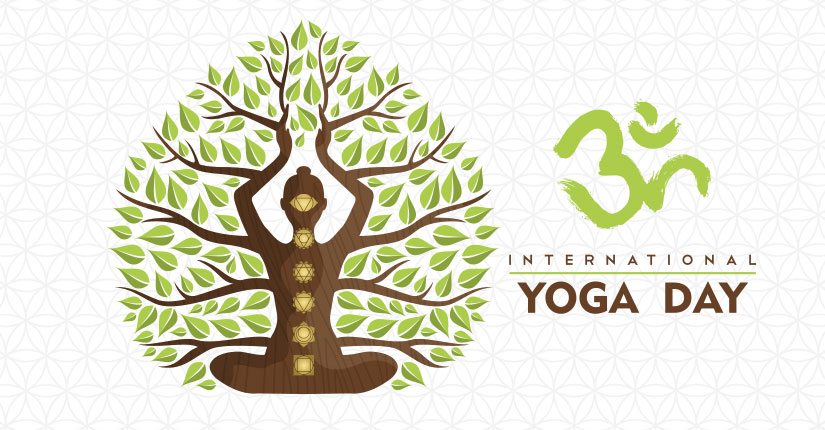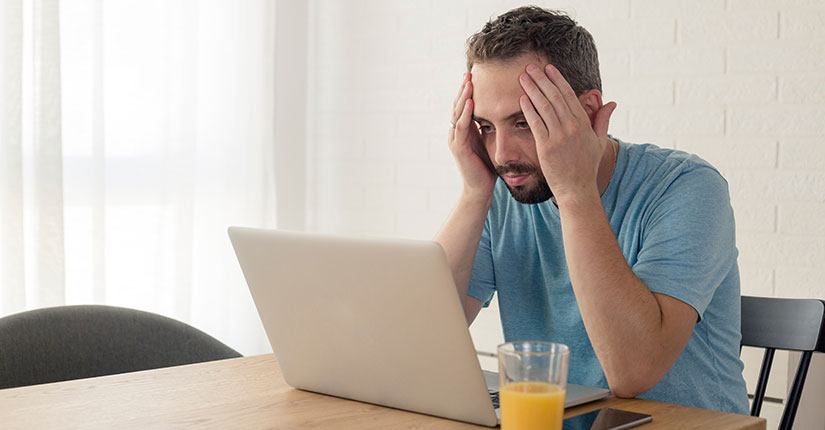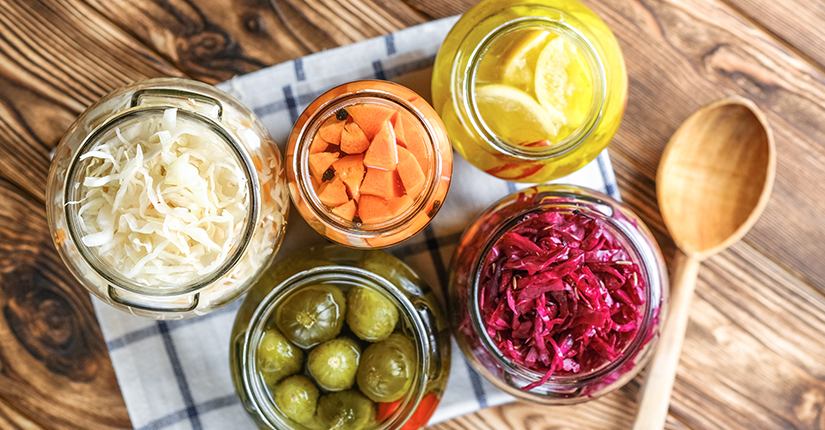COVID Pandemic Tends to Create Mental Health Crisis
By Nmami Life Editorial 17-May 2020 Reading Time: 6 Mins
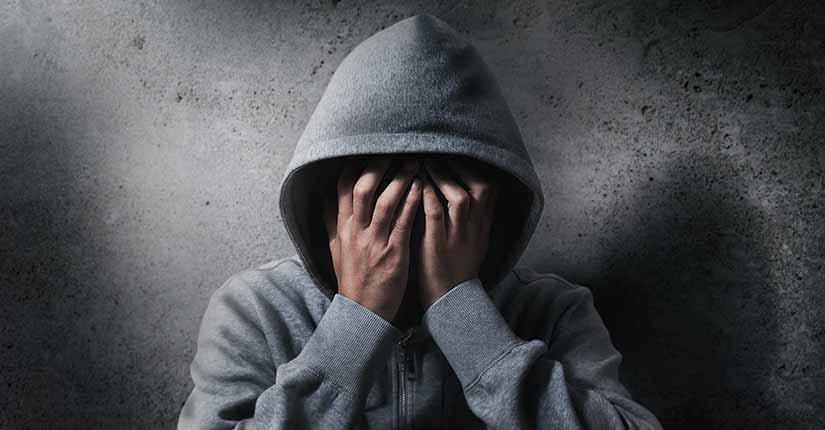
Russian writer Leo Tolstoy said: “We are divided by borders, but united by the world.”
As the whole world struggles to get a hold on this ongoing threat, we will surely remember this disease as one that made us more humble for who we are and grateful enough for what we have.
A few incidents in the history of mankind have impacted our societies across cultures the way this infectious disease outbreak has. Yet not much attention has been given to these occurrences once they fade away.
This pandemic has annihilated societies, wiped out populations and it has hijacked the very rhythm of our daily lives, besides taking a huge toll on public health. COVID-19 originated in Wuhan, China towards the end of 2019 but took just two months to become an integral and alarming part of our daily conversations, debates, and social media communication.
Healthcare workers are exhausted (while working at the frontline, being at maximum risk of infection), and medical supplies are depleted. In spite of well-formed protocols, hospitals are flooded with requests for testing and treatment while people fiercely compete for basic health amenities. The feel can be felt amongst people about their health, job losses, relationship strains, and few spending lonely days in isolation, away from home or hometowns.
Physical health is surely at risk but mental health is at stake too causing health anxiety, sleep disturbances, panic attacks, depression, and loneliness as other known mental health fallouts of living through a pandemic. All these affect the entire ‘basis of life’ of millions.
Following are the mental health effects which are intertwined with several causes and effects in minds of many:
- Fear of losing livelihood due to isolation or marked limitation of travel and social behaviour (applies to those in small scale businesses/industries in the travel, fitness, food, or tourism sectors).
- A constant feeling of insecurity for oneself and loved ones.
- The anxiety of social/physical distancing resulting in a lack of contact with family or friends who may be living far away. For some it’s the other way round: getting huddled for the first time with a large family resulting in mixed emotions.
- The phobia of stepping out of the home.
- Stigma towards people with minor symptoms such as cold, cough, or sneezing, which might just be a simple flu.
- The compulsive need to hoard unnecessary food items, essentials, or medical supplies such as antibiotics, analgesics, anti-allergic medicines, face masks, sanitizers.
- Psychological stress over the growing panic, which compounds daily, many times due to reinforced messaging or spreading of information in all forms of media.
- In healthcare workers, police, paramedics, volunteers, virologists, or media persons at the frontline of the COVID-19 control or coverage: fatigue, frustration, or the fear of contracting or guilt of transmitting infection.
What can be done?
We can ensure a fixed safety protocol for ensuring the quality of life of those in isolation. The steps can be simple – daily digital communication with near and dear ones, group counseling, catering to individual dietary needs, a continuation of job-related activities, and updates on the outbreak condition.
Supportive psychotherapy sessions and periodic hygienic measures can be ensured for healthy living. In the absence of such caregiving, we often see people defy isolation or abscond for the fear of getting ‘stranded’, which is a larger threat to public health.
Populations in need of social or financial support or those with infected or dead family members in long-term isolation, and people from lower socio-economic backgrounds with a higher risk of being misinformed, need special care and attention. They also need to be made aware that help is available. We can formulate special hotline/helpline numbers where people can contact the counselor and the government can further provide special financial aid to those who are in need.
Over to you
The situation might have led to a collective stage of feeling stressful but this is not the time to lose hope, instead, we should keep being optimistic and practice positive behaviour to help each other out during these difficult times of crisis.



